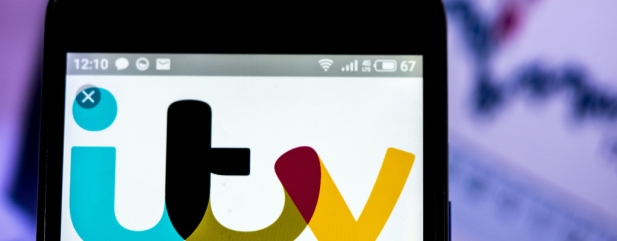Archived article
Please note that tax, investment, pension and ISA rules can change and the information and any views contained in this article may now be inaccurate.
Are any dividends safe?

The FTSE 100 index is offering a prospective dividend yield of 5.6% according to data from Stockopedia, but the slew of cancelled payments throws into doubt even those regarded as rock-solid.
THE DAMAGE IN PERSPECTIVE
Incredibly, the total amount of cancellations, which is currently worth £1.6bn and counting, equates to the entire dividend growth that was expected for the whole of 2020 according to data from AJ Bell.
That would have represented growth of just 2% from the £89.1bn paid-out in 2019 and a cover of 1.62 times earnings, below the threshold of two times, considered to be safe.
In other words, even before the unseen outbreak of the global pandemic, dividend cover wasn’t sufficient to provide investors with much comfort.
As we have pointed out in past articles, it is the sustainability of a dividend and whether the future growth is likely to be above the rate of inflation which is more important than the absolute size of the yield.
BIGGEST CONTRIBUTORS
The five largest cuts account for half the lost income and cover household names like TV producer ITV (ITV), which is the biggest victim so far in terms of the total value, worth some £216m.
The shares have dropped 63% from the highs in December and on the face of it, were offering investors a 13% yield, before the cut. When interest rates are virtually zero, high yields are nearly always a red flag and a sign that the pay-out is at risk.
For ITV, it’s not just the cancellation of a number of high profile sporting events which has reduced their attraction to advertisers. Containment measures for coronavirus have even resulted in the suspension of popular soaps, such as Coronation Street and Emmerdale.
European DIY firm Kingfisher (KGF) omitted its dividend, worth £158m after its 221 sites across France, comprising brands Castorama and Brico Depot were closed down by the government to prevent the spread of the virus.
Marks & Spencer (MKS) decided to cut its £133m dividend on concerns that a prolonged down-turn in the economy would have on its Clothing and Home division.
This decision was made despite the food division trading profitably through the current crisis, helped by people stock-piling, although the group’s bias towards chilled and fresh items means they are not benefitting to the same extent as other food retailers.
Notably, despite the collapse in oil prices, Royal Dutch Shell (RDSB) has resisted the temptation to cut a dividend which has not been trimmed since the Second World War, instead it has curbed its buyback and looked to make further efficiencies.
WHAT NEXT?
It is worth bearing in mind that just 10 stocks account for 98% of the expected growth in dividends for 2020, including big payers, Imperial Brands (IMB), Royal Bank of Scotland (RBS), Standard Chartered (STAN) and M&G (MNG).
It remains to be seen whether these firms with yields of 7% to 16% will be able to buck the recent trend.
Important information:
These articles are provided by Shares magazine which is published by AJ Bell Media, a part of AJ Bell. Shares is not written by AJ Bell.
Shares is provided for your general information and use and is not a personal recommendation to invest. It is not intended to be relied upon by you in making or not making any investment decisions. The investments referred to in these articles will not be suitable for all investors. If in doubt please seek appropriate independent financial advice.
Investors acting on the information in these articles do so at their own risk and AJ Bell Media and its staff do not accept liability for losses suffered by investors as a result of their investment decisions.

 magazine
magazine









